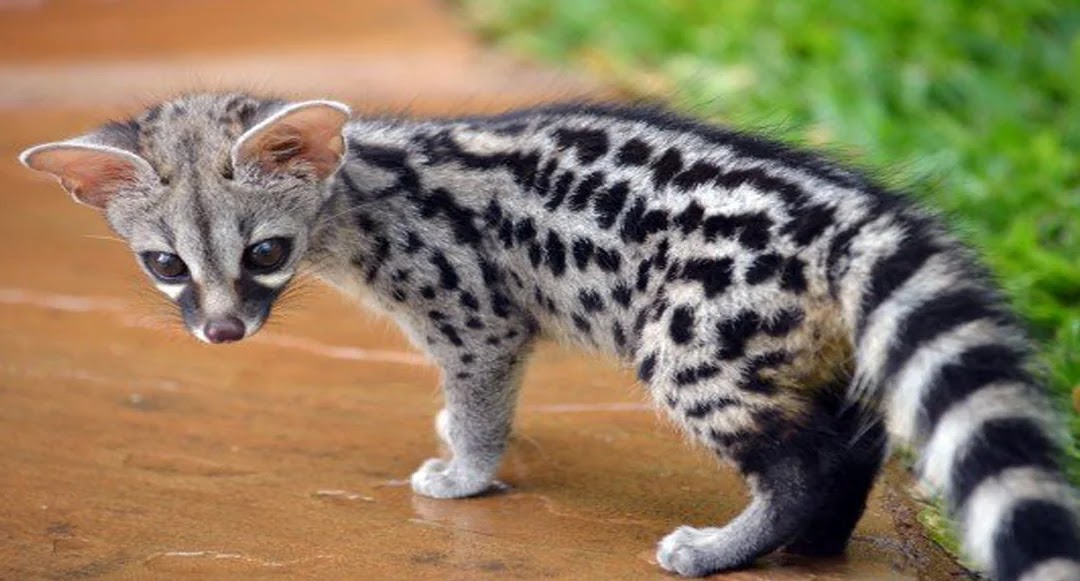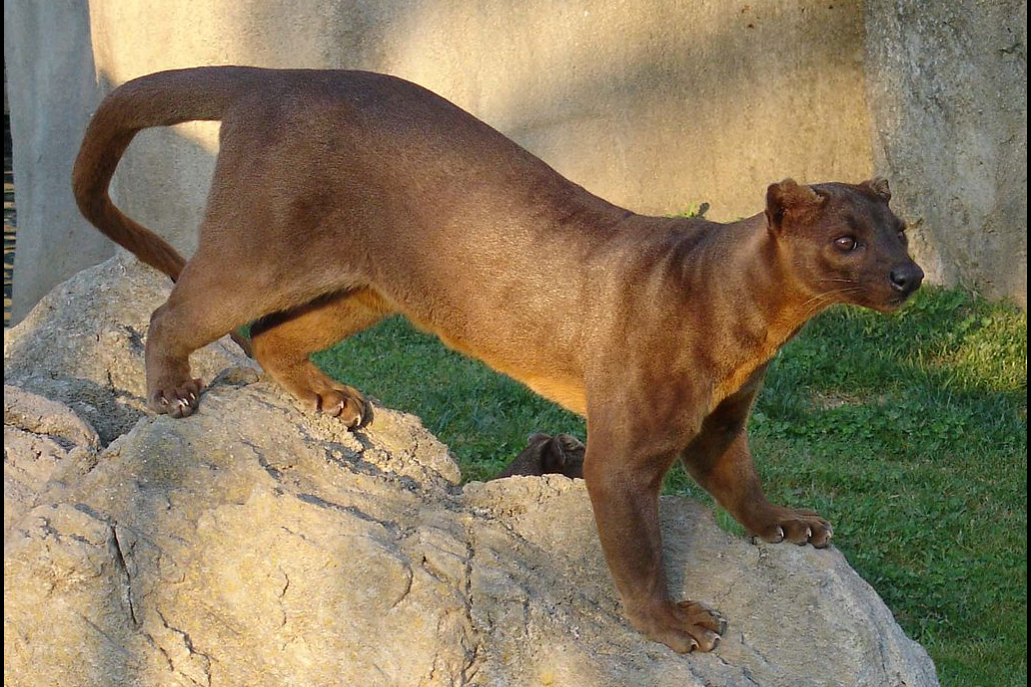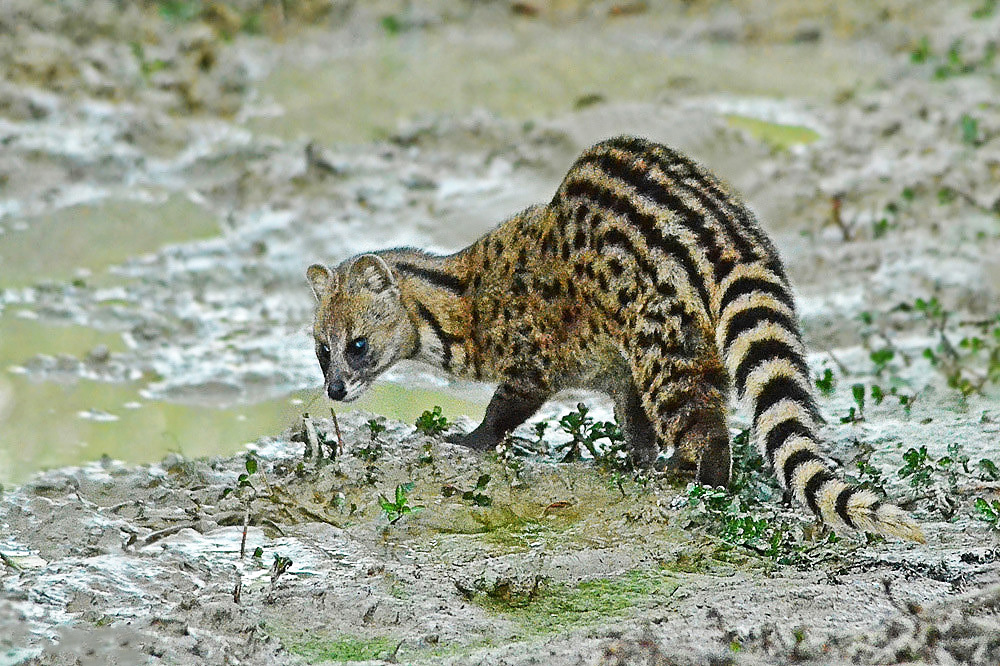As an animal enthusiast, you may have come across an animal that looks like a cat. However, upon closer inspection, you realize it's actually not in any way related to cats. In the wild, some fascinating creatures share similarities in appearance with cats.
Nevertheless, they belong to an entirely different family. Speaking of family, cats belong to the Felidae family. So it goes without saying that any animal that is not a member of this family is not related to cats. In this article, I've listed four such animals that often have people asking if they belong to the cat family.
1. The Genet
The genet is a slender cat-like animal indigenous to Africa. Despite bearing a resemblance to domestic cats, the genet belongs to the family Viverridae and is more closely related to civets. The most popular species of genet is the common genet, which is the only genet introduced to Europe. There are about 14 species of Genets, according to the African Wildlife Foundation. You can take a look at the top 8 Genet species listed in my previous article.
Although they differ in fur color and spot pattern, all species of genets have a dark stripe along the spine. The Genet's tail is virtually as long as its head-to-body length. Genets are quite agile and are the only viverrids able to stand on their hind legs. What's more, they have quick reflexes and exceptional climbing skills and spend much of their time in trees, although they live on the ground. Genets are considered solitary animals that feed on a variety of prey, including small rodents, insects, and birds.
Genets live about 8 years in the wild and up to 20 years in captivity. The genet may have a cat-like appearance but it is a distinct creature with its own unique set of characteristics.
2. The Fossa
The fossa is a slender, long-tailed, cat-like mammal belonging to the carnivoran family Eupleridae. Endemic to Madagascar, the fossa has convergently evolved many cat-like features and has been compared to a small cougar. It appears as a miniature version of a large felid, such as a cougar, but has a mongoose-like head, which is relatively longer than that of a cat.
Adult fossas measure 28 to 31 inches in head-body length and weigh between 12 and 19 pounds. Male fossas are slightly larger than females. Fossas are solely in forested habitats, with over 50% of their diet consisting of lemurs, tenrecs, rodents, lizards, and birds. Their life expectancy in captivity is 20 years, albeit their lifespan in the wild is unknown.
On the IUCN Red List, the fossa is listed as a vulnerable species, meaning their population is decreasing.
3. The Asiatic linsang
The Asiatic linsang is a genus comprising two species: the spotted linsang and the banded linsang, both native to Southeast Asia. Their scientific name is Prionodon, which is deemed a sister taxon of the Felidae, the cat family. The Asiatic linsang belongs to the family Prionodontidae but has a genet-like appearance. However, in terms of size, the Asiatic linsang is smaller than the Genet. The Australian Geographic describes the Asiatic linsang as "a really stretchy cat-possum cross."
4. The Small Indian Civet
The small Indian civet belongs to the same family, Viverridae, as the Genet. However, the small Indian civet is native to South and Southeast Asia whereas the Genet is native to Africa. Because of its widespread distribution, the small Indian civet is listed as Least Concern on the IUCN Red List. It boasts a rather coarse fur that is brownish grey to pale yellowish brown and a long tail that has alternating black and whitish rings, seven to nine of each color.
Small Indian civets are nocturnal creatures that inhabit holes in the ground, under rocks, or in thick bushes. Though they also climb well, small Indian civets are primarily terrestrial, feeding on rats, mice, snakes, fruit, roots, and carrion. Their life expectancy in captivity is between eight and nine years.






